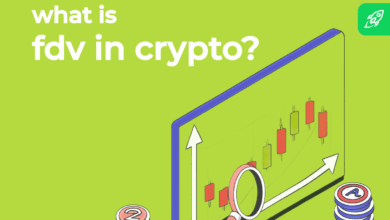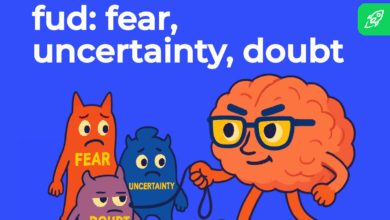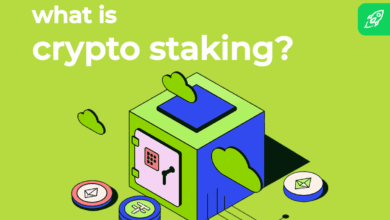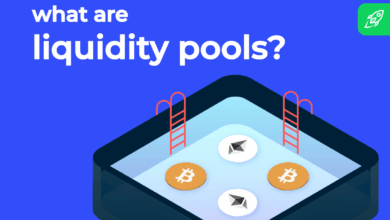What are the best Metaverse apps?
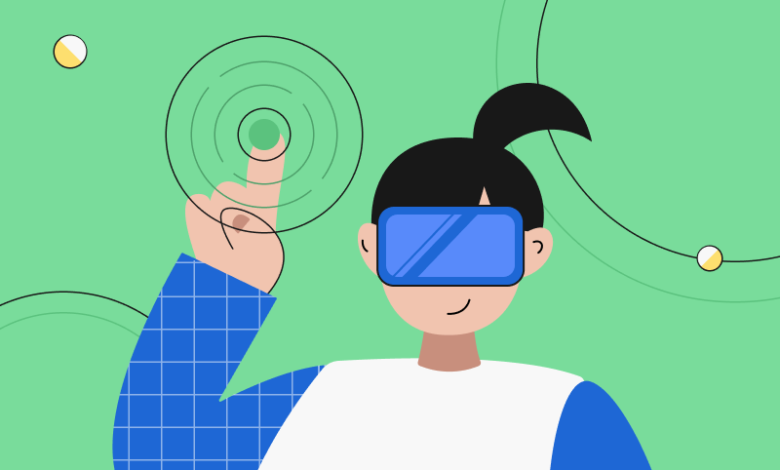
The beginnings of the Metaverse can be spotted in Neal Stephenson’s 1992 novel Snow Crash and the development of technologies that underpin a virtual space that resembles the physical world.
Sometimes referred to as horizon worlds, they represent a future fusion of virtual, augmented and physical reality accessible via the internet. Such a virtual environment consists of the whole social and economic structure that exists both in the physical and virtual reality.
Many in the computer industry believe that the Metaverse is the next iteration of the internet. The main purpose of it is to become an immersive three-dimensional virtual space where humans socialise, play games, and trade to create experiences for their users.
$800 billion
The projected value of the global Metaverse revenue opportunity in 2024
The metaverse exploded into public debate when Facebook rebranded to Meta in October 2021 and enabled users to explore social connections. Many companies and tech giants have been investing billions of dollars in the concept of Metaverse. It has been forecasted that e-commerce, social media, gaming and marketing will become important sectors within the metaverse.
In this article, we’ll learn about some of the best apps you can use to try out these new experiences.
To learn more about the metaverse first, read this Learn Crypto article: “What is a Metaverse?”.
Understanding the technical aspects of the Metaverse is important to understand it. People often compare Metaverse to the internet or think it is only a combination of virtual reality (VR) and augmented reality (AR) technologies. While these technologies are crucial for the development of such an immersive and persistent virtual world, with augmented reality experiences, the development includes other technological innovations as well.
The blockchain technology plays a very important role in powering the metaverse. It provides a decentralised structure and supports the development of the whole ecosystem. The blockchain technology has the ability to make projects compatible with Web3, provides extended storage capacity, enhances security and trust within the metaverse.
There are other technologies that underlie the creation of the Metaverse such as 3D reconstruction to recreate structures and locations of the physical world, internet of things (IoT) and artificial intelligence (AI) that adds up to the development of realistic and intelligent non-player characters.
To access the metaverse you simply need internet connection and a decent computer. Metaverse is still in its early phase, but some platforms will let you access their virtual space with your mobile phone. The second step is to choose a metaverse platform you would like to access. For example, you probably heard of popular platforms such as Decentraland, Sandbox, Somnium Space and others.
The final step is to explore the virtual realm of your choice. The Metaverse can be a lot to take in at the first glance, but you can do amazing things there. These full virtual experiences provide the ability to trade and create digital assets, real estate and other types of digital goods, along with participating in digital events such as concerts and games.
A Metaverse app can be defined as a software application that is designed to be used within the Metaverse – the virtual space where users can interact with each other and in relation to digital assets. Virtual interaction is being enabled over a network of three-dimensional worlds.
Such apps provide a wide range of functionality and can be used for many purposes such as socialising, gaming, shopping, marketing and education.
A Metaverse application is simply an application that has been created to run on a virtual reality platform to provide an immersive experience. Some examples include virtual stores, virtual events and classrooms.
There are several new features of Metaverse apps. These apps provide entry to an immersive and interactive virtual space. The immersive nature of the Metaverse is the sense that the user experiences the environment by being present within the content. This feature is supported by extended reality technologies: virtual and augmented.
Another important feature is the use of digital avatars and the role they play in social interaction. They are the key components of the metaverse apps since their purpose is to virtually represent users in the Metaverse while gaming, shopping, learning, working and socialising with other avatars.
The third important feature is the existence of the virtual economy. The virtual economy within the Metaverse is broadly built on cryptocurrencies, non-fungible tokens and digital assets.
Here’s a list of some of the most popular Metaverse apps.
The platform Decentraland is one of the most popular Metaverse platforms. Because of its popularity, the platform’s native token MANA emerged as one of the best Metaverse coins for investors over the past year. Decentraland doesn’t have a native mobile app, but the ‘Decentraland Explorer’ app on Android enables customers to explore this virtual space.
Decentraland enables users to create, monetize and interact with their content and apps. Namely, users can create avatars in the three-dimensional virtual world to explore its digital environment. They can purchase virtual land within the Metaverse on which they can construct and capitalise on. Plots of virtual land are limited in supply and structured as NFTs.
The Sandbox is considered to be one of the best Metaverse-based projects in the last few years that enables users around the globe to express their creativity. The platform entirely shifted to the Metaverse at the end of 2021. The native cryptocurrency of the platform is called SAND. The company behind the app is working with multiple industries such as entertainment, gaming, finance, and real estate for the purposes of providing a plethora of virtual experiences.
In this virtual space users can build on and capitalise on their gaming experience. For example, users can use the ‘VoxEdit’ feature to develop in-game structures that are made using so-called ‘voxels’. Voxels can be illustrated as 3D cubes, such as in Minecraft. Once the in-game structure has been created, it can be sold to others as an NFT.
MOBOX is a high-ranking Metaverse app. The community-based platform combines yield farming, play-to-earn gaming features, and NFTs. Games in the ecosystem are free-to-play and include rewards for users’ engagements and demonstrated skills.
Apart from gaming, you can also trade NFTs there and buy mystery boxes that contain rewards as well. MOBOX uses innovative tokenomics to utilise gaming and decentralised finance. The platform can be easily downloaded in the app via Google Play.
Roblox is an innovative Metaverse platform that contains a massive user base. What differentiates Roblox from other gaming apps is the fact that all games on the platform are made by its users. The app is aimed at facilitating users’ creation of their own games and interaction with other games. At the time of writing, Roblox contains over 20 million games published by its users.
Even though the games are totally free to download, they provide many in-game and digital items purchases. Gamers can buy many items such as upgrades, skins, and weapons to enhance their gaming experience. The platform uses a ‘spatial voice chat’ feature with the purpose to resemble real-life conversations.
The creator of the popular game Fortnite has developed a virtual space that hosts digital events and allows users to attend virtual concerts and parties. For example, the platform held concerts by Travis Scott and Ariana Grande, music debuts, movie trailers, and a re-imagining of Martin Luther King’s 1963 ‘I Have A Dream’ speech.
The platform has big plans for Metaverse development. For example, it is working on the creation of photorealistic digital humans so that you could customise your virtual doppelganger. It provides end-to-end solutions for both users and developers to create, operate and distribute content. For example, developers are enabled to move across platforms and brands such as Microsoft, Nintendo, Android, iOS, and Sony.
Metaverse apps use blockchain technology to provide decentralisation and a virtual experience where users can benefit from a high degree of autonomy and transparency. Many of these Metaverse apps include the use of cryptocurrencies and NFTs for trading.
Many apps have their own tokenomics models. As mentioned above, popular platforms such as Decentraland and Sandbox have their own coins as native currencies. This way it is easier for users to trade items. Projects that include play-2-earn mechanics often distribute rewards through their native currencies.
A number of virtual spaces may include virtual reality (VR) headsets as well. To explore the three dimensional Metaverse, it is advisable to require a VR headset with a controller. Using such technological innovations, users are provided with a full immersive experience, something similar to Spielberg’s film Ready Player One.
As explained above, to enter the Metaverse you need to connect to the internet and have a good computer. Some platforms can be accessed via simple mobile apps. For example, the MOBOX app can be easily accessible via Google Play.
Even though the most immersive experiences are still in an early phase of development, Metaverse apps hold a lot of opportunities for mobile app developers, particularly in the gaming sector. Many virtual spaces already offer cross-platform compatibility with VR and augmented reality (AR) hardware, desktops, and mobile devices.
In other words, as long as you have a relatively new computer or mobile phone that supports the latest version of the operating system and web requirements, you may be able to access a number of immersive experiences.

